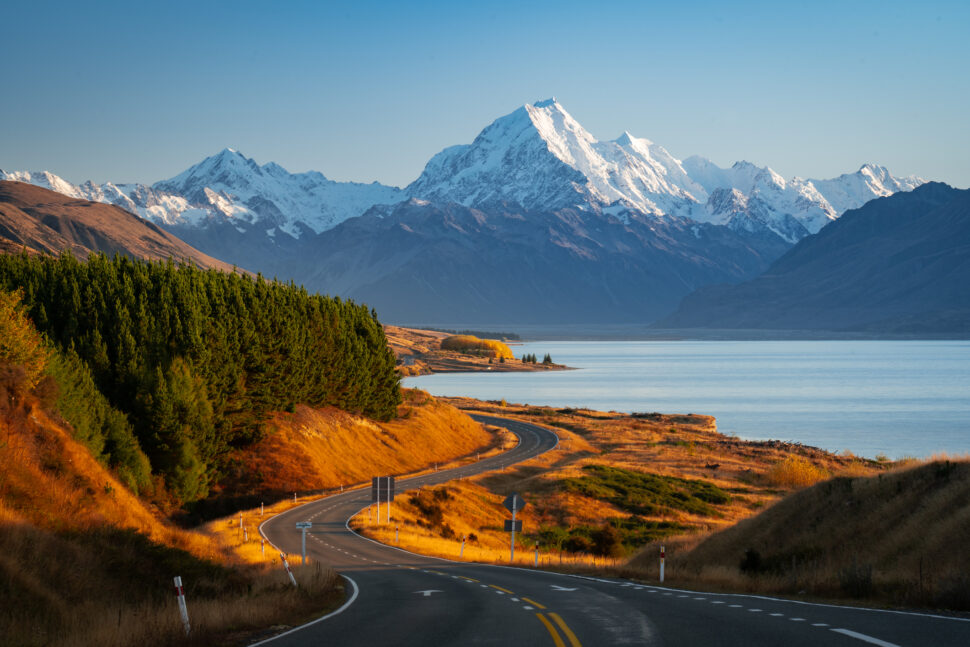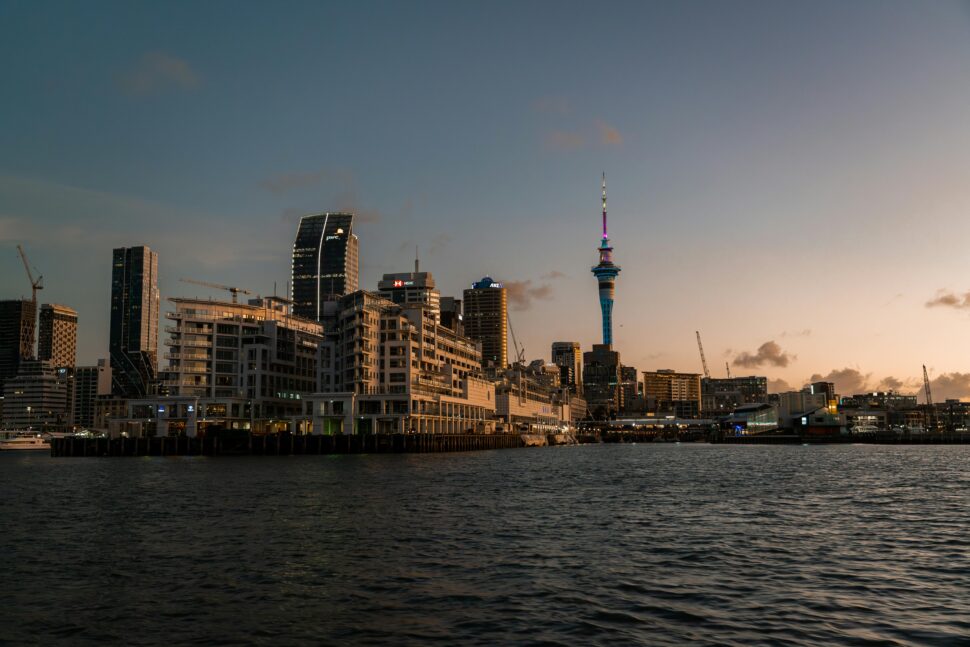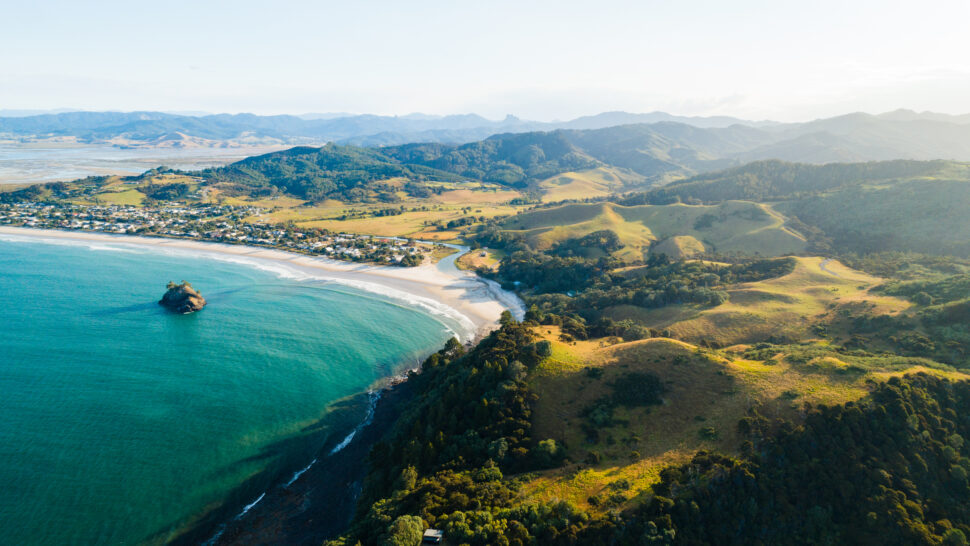There are many reasons why tourists consider visiting New Zealand. The island country — located in the southwestern Pacific Ocean — is known for its otherworldly beauty, diversity of landscapes, indigenous Māori culture, and its world-class wines.
While the country is generally considered a safe destination, travelers should consider some precautions regarding their personal information, driving, and the risk of natural disasters.
Official Travel Advisories
The U.S. State Department classifies New Zealand as a “Level 1” zone, meaning tourists should exercise normal travel precautions in the country. That travel advisory was last updated January 3, 2025, according to the report.
The World Health Organization and the U.S. Centers for Disease Control and Prevention do not currently have travel notices for New Zealand. However, the CDC recommends travelers be up to date on routine vaccinations before their trip. Other vaccines to consider include hepatitis A, hepatitis B, measles, and rabies. Travelers should also avoid unclean water, bug and rodent bites, and close contact with sick individuals.
On March 25, 2025, an earthquake felt by thousands occurred off the coast of New Zealand’s South Island, northwest of the Snares Islands. Various reports listed the quake’s magnitude as 6.7 or 6.8. According to The Independent, New Zealand’s National Emergency Management Agency noted that currents could be intense following the earthquake, so those near shorelines should avoid the water. No tsunami threat was reported.

Is New Zealand Safe for Tourists and Solo Travelers?
Yes, New Zealand is generally safe for tourists and solo travelers, so long as they heed basic travel safety precautions and protocols.
Crime
Tourists being the victims of violent crime is rare. While crime rates are “relatively low,” the State Department notes that it depends on where exactly you are in New Zealand.
Transportation
You should be safe using public transportation, which will be available in most major cities. If you will be driving in New Zealand, the State Department urges you to review the country’s “driving rules and regulations,” as “driving on the wrong side of the road is a leading cause of serious injury and death for U.S. tourists.” Note that Kiwis drive on the left-hand side.
Other safe modes of transportation include buses, trains, planes, ferries, taxis, and rideshare apps.
Bank Safety Information
While using ATMs, be sure to conceal your card number and PIN.
Health
The medical system in New Zealand is likely manageable for most U.S. and international visitors. In rural areas, getting medical treatment may take longer than in the country’s metropolitan hubs. Be updated on your vaccines before your trip, and have appropriate medical insurance covering your travels.
Keep your personal belongings with you or always safely secure them in your accommodations. Moreover, remain alert and keep your wits about you.
Common Scams To Be Aware Of In New Zealand
The State Department claims “internet romance and financial scams are prevalent in New Zealand.” Scammers may pose as Americans in need of love or help. These scams can involve romantic manipulation, fraudulent money transfers, or schemes that target the elderly.
To avoid falling victim, never share your personal or banking information.
How To Stay Safe In New Zealand
Before traveling anywhere, American travelers are advised to register for the Smart Traveler Enrollment Program, aka STEP.
During one’s trip, tourists should stay informed through local news and State Department updates (including on social media platforms like X, formerly Twitter).
New Zealand Police recommends not walking alone at night and avoiding dark areas, carrying large amounts of cash, leaving beverages unattended, and flashing valuables. As with many places, travelers should also think twice before accepting drinks from strangers.
If planning to engage in outdoor activities, consider using resources like Plan My Walk, AdventureSmart, and the Mountain Safety Council.
Where To Stay In New Zealand

New Zealand has several cities that are popular with tourists, including Auckland (the most populous), Queenstown, Wellington (the capital), and Christchurch.
Some generally safe neighborhoods in Auckland include Parnell, Ponsonby, Mission Bay, and Devonport. Avoid South and West Auckland when possible.
For hotels, consider the InterContinental Auckland by IHG (located in the Central Business District, commonly known as the CBD), The Convent Hotel (in the Grey Lynn area), and Stay Coastal – Mission Bay.
Best Time To Visit New Zealand
New Zealand is a year-round destination, so the best time to visit depends on what you want to do there. For warm weather, when cities are buzzing and there’s a lot to see and do, visit from December through March, which is summer in New Zealand.
If you’re interested in skiing, consider visiting the South Island between June and October. For smaller crowds and lower travel prices, plan your trip during the shoulder seasons — from March through May (fall) and September through November (spring).
People Also Ask
Is New Zealand safe for U.S. citizens?
New Zealand is generally considered safe for Americans. If you’re worried about an earthquake natural disaster, the Central Intelligence Agency’s World Factbook notes that instances in New Zealand are “common, though usually not severe.”
Do you tip in New Zealand restaurants?
Tipping isn’t a part of the culture in New Zealand, so it is not expected.

Should You Still Travel To New Zealand?
New Zealand is largely considered a safe destination for travelers. As with general travel, staying safe consists of taking the appropriate precautions beforehand and being alert while away from home. Know that while in the Land of the Kiwis, you will be subject to local laws and punishments.
For the best trip to New Zealand, avoid financial scammers and stay in safe areas. While natural disasters may occur — including earthquakes, tsunamis, cyclones, and volcanic eruptions — stay updated via local news, New Zealand’s MetService (which provides meteorological updates), and the national hazards portal.
Get your vaccinations and have travel and medical insurance before your trip for additional peace of mind.





